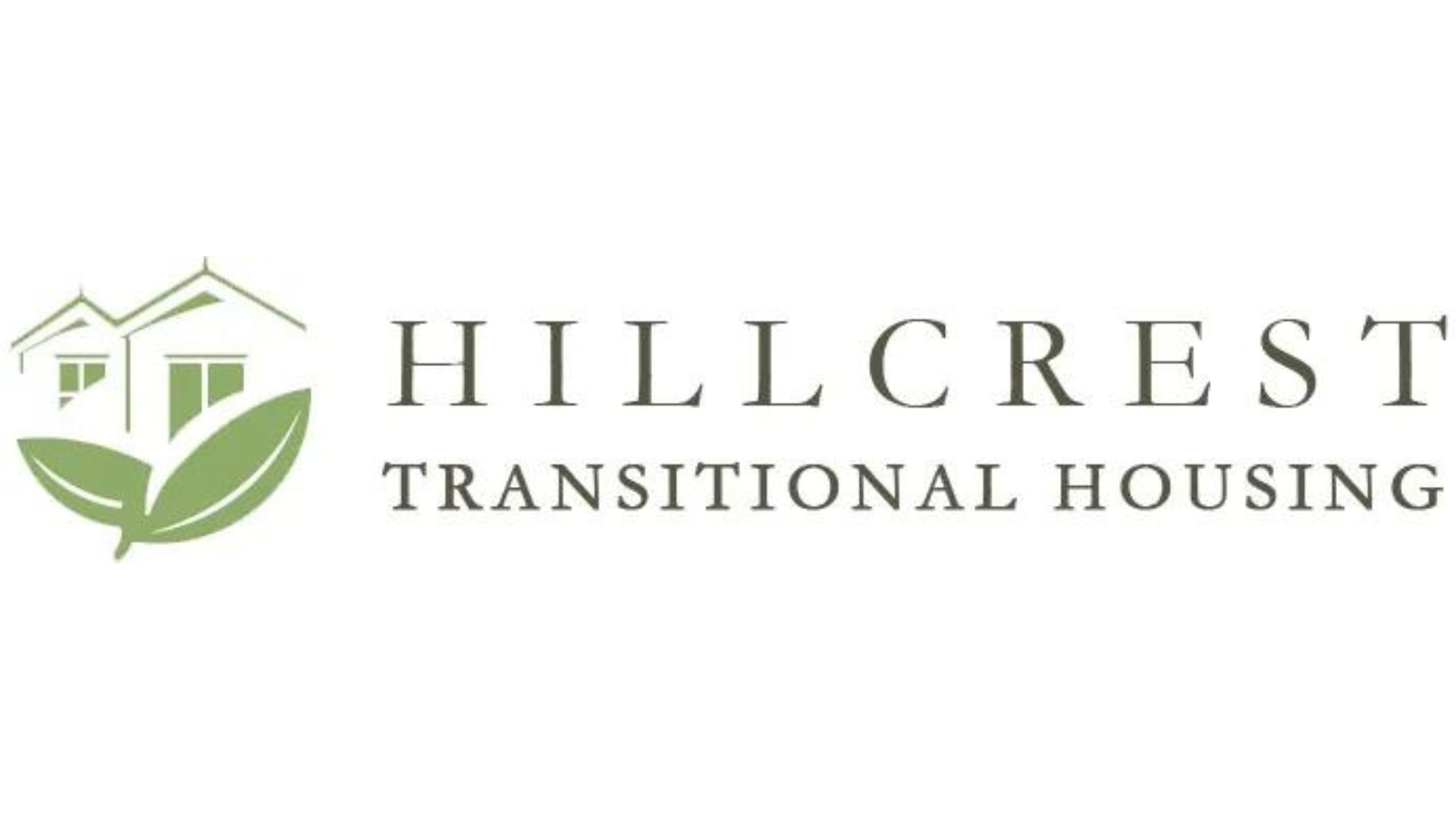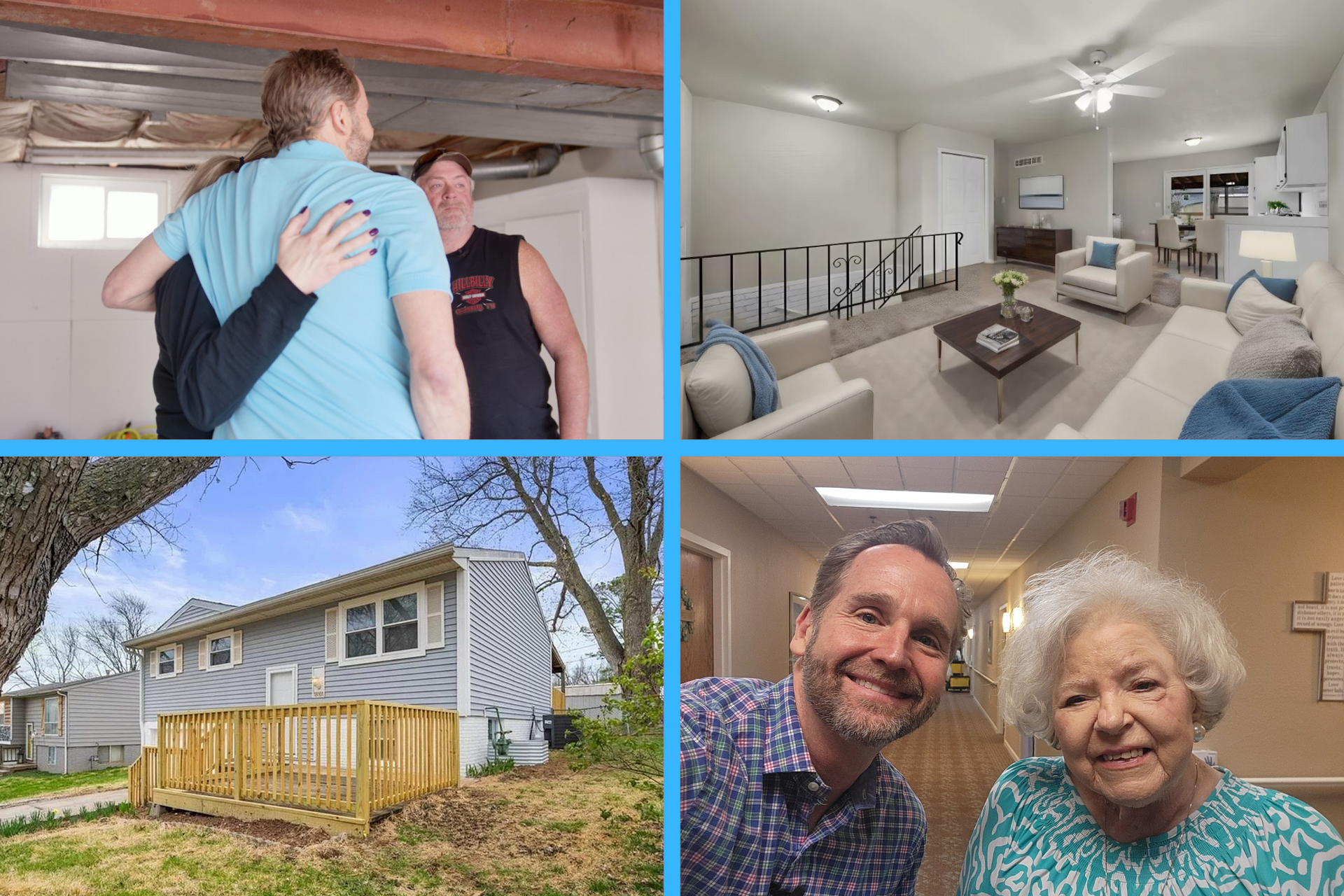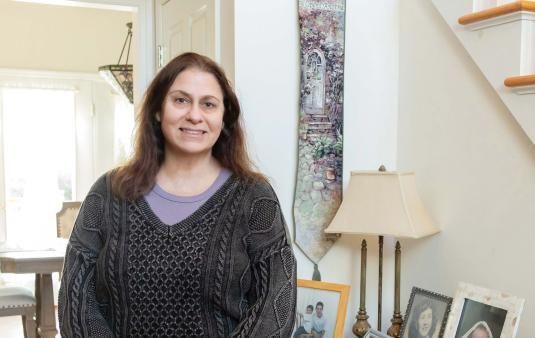Choosing Assisted Living
Discover Your Ideal Assisted Living Community Today
Find the Perfect Community That Feels Like Home
Searching for assisted living or a nursing home in the Kansas City area? Seniors and their families have several options depending on their personal healthcare needs and lifestyle. Sometimes “nursing home” is used as an umbrella term for all types of residential care communities for seniors, from assisted living to long term skilled nursing.
You will typically hear about 3 types of senior living communities- Independent Living, Assisted Living, and Skilled Nursing. So which is best for you or your loved one? Let’s break down the differences.
Understanding Different Senior Living Options
Independent living communities cater to active seniors seeking a maintenance-free lifestyle, providing amenities such as fitness centers and transportation services while allowing residents to maintain their independence in private apartments or houses.
Assisted living facilities offer a supportive environment for seniors who require assistance with activities of daily living (ADLs), such as bathing, dressing, and medication management. Residents live in private or semi-private apartments within a community setting, enjoying amenities like communal dining areas and social activities while receiving personalized care services.
Memory care or skilled nursing facilities, on the other hand, provide more around-the-clock nursing care and medical supervision for seniors with complex medical needs, dementia, and those undergoing rehabilitation. These facilities offer assistance with ADLs, medication management, and therapeutic activities, often with specialized units for short-term rehabilitation or long-term care.
Resources
Determining Which Type of Facility Is Right for Your Loved One
Determining the right senior living option for your loved one begins with assessing their needs, preferences, and lifestyle. Consult healthcare professionals, tour different communities, and consider your financial bandwidth to make an informed decision. Plan for the future and trust your instincts to choose the option that best promotes your loved one's comfort, safety, and overall well-being.
For more information and resources on assisted living in the greater Kansas City area, contact Family Shepherd. We would be happy to help guide you as well as connect you with a Placement Agent or Senior Care Advisor that we like and trust.
What to Look for in a Quality Assisted Living Facility?
There are a lot of fancy looking senior living communities. How can you tell which ones are actually high quality care communities and which ones just have nice chandeliers? Pay attention to the staff when you are touring these communities. Ask questions about how long staff members have been at the community. Communities with lots of turnover in the care staff are generally the kinds of places you want to avoid.
Three key questions to ask:
- “How are care plans developed and updated for each resident, and how often are they reassessed?”
- “What qualifications, training, and certifications do your staff members possess?”
- “How do you monitor and assess the quality of care and services provided to residents, and what steps are taken to address any areas for improvement?”
FAQs
Have a question? We’re here to help.

























